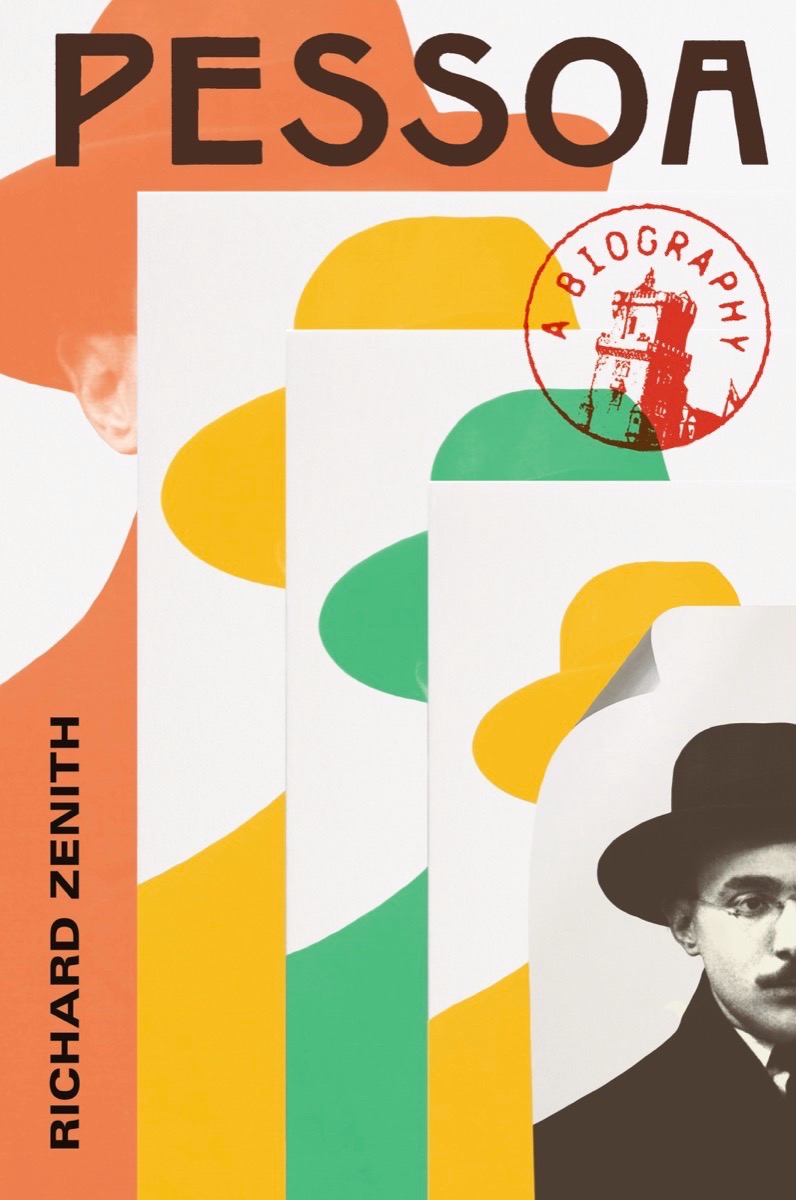What do you think?
Rate this book


1088 pages, Hardcover
First published July 20, 2021
pessoa could not imagine that his literary dispersion, which faithfully mirrors our ontological instability and the absence of intrinsic unity in the world we inhabit, would make him required reading by the time the next century arrived.richard zenith's biography of the enigmatic portuguese modernist master is mammoth in ambition, scope, and accomplishment. pessoa is a relentlessly engrossing work of the life and times of the heteronymic poet and prose writer. meticulously researched (the book took some 12-13 years to complete) and definitively comprehensive, zenith's biography is itself a work of art (and it must be noted that zenith's erudition and absolutely exquisite vocabulary make every page a delight to read).
pessoa's writings were, by and large, provisional visual representations of his soul. in fact, he never stopped showing us who he was or was trying to be. his poems and prose pieces were him, his own person, or the bits and pieces of the person, or pessoa, who did not exist as such. his sexual life? his spiritual life? they may be found in his writing, and nowhere else but his writing. there is no secret pessoa for the biographer to reveal.